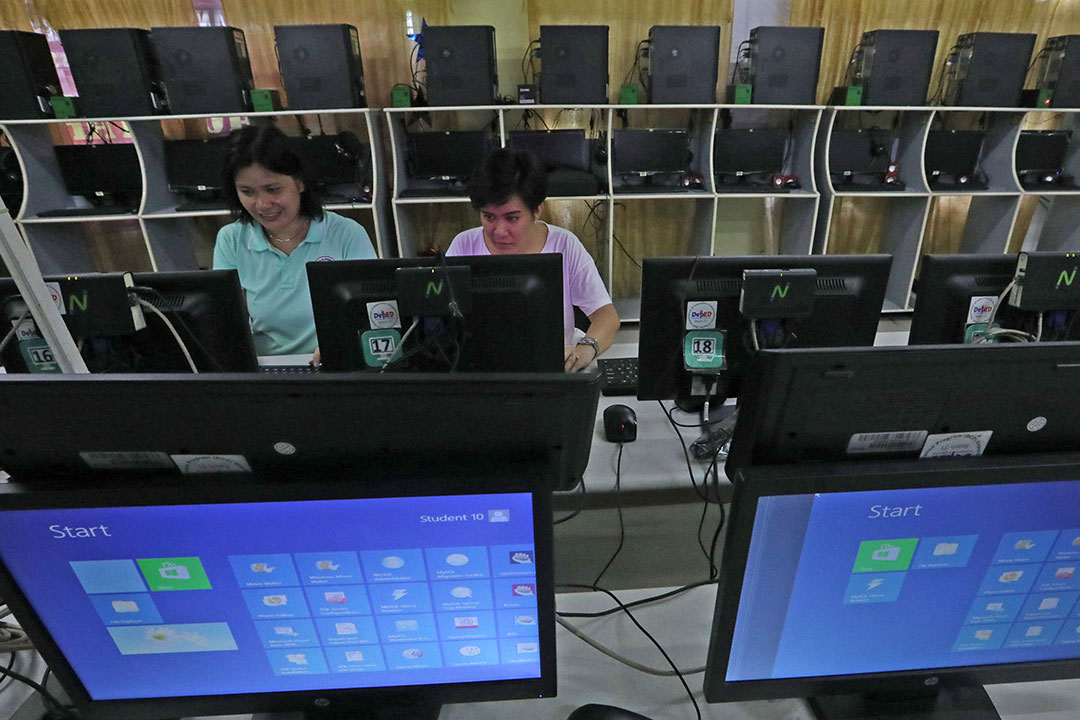World Bank approves $750-M loan for PHL digital transformation

THE WORLD BANK on Wednesday said it has approved $750 million in financing that will help the Philippines accelerate digital transformation efforts and strengthen its digital economy.
“Digitalization is a transformative force that can drive productivity-led growth and enhance the efficiency of critical services such as transport, healthcare, education, energy, and agriculture in the Philippines,” World Bank Country Director for the Philippines, Malaysia, and Brunei Zafer Mustafaoğlu said in a statement on Wednesday.
The second Digital Transformation Development Policy Loan is aimed at helping the Philippine government lower barriers to entry and investment in the broadband sector, as well as promote competition and improve connectivity.
The loan will support government agencies’ efforts to boost efficiency and transparency through digital technologies, as well as measures to expand financial inclusion by promoting secure digital financial services and payments infrastructure.
It also aims to boost trust in the e-commerce sector, as well as expand logistics and improve the Philippines’ competitiveness in the digital sector.
“By leveraging digital platforms, the country can bridge gaps in service delivery, make sure that individuals and firms have access to affordable financial services and digital solutions that meet their needs, and build resilience against future crises and shocks,” Mr. Mustafaoğlu said.
According to the loan document, the project aims to raise the number of households connected to fixed broadband services to 35% in 2026 from 25.6% in 2023.
“A key priority will be to remove the connectivity limitations faced by the 72% of Filipino households that, according to 2023 figures, still have no fixed broadband,” the World Bank said.
The project also aims to increase the number of people using digitally enabled government services through a unified e-government portal or mobile application to 30 million in December 2026 from a zero base in 2022.
It also hopes to increase the number of agencies connected to the web-based portal National Asset Registry System (NARS) to at least five out of 22 agencies by December 2026.
The project also seeks to lower the fraud rates involving the use of digital financial services to 8.24 basis points, and the volume of digital payments over retail payment transactions to 56% in 2026.
“Financial inclusion and digitally enabled services are vital for the growth of micro, small, and medium enterprises, which employ over 60% of the total workforce in the country,” Mr. Mustafaoğlu said.
“Greater access to digital financial services enables such businesses to adopt innovative technologies and automation, thereby boosting their competitiveness and contribution to the economy.”
By 2026, the project seeks to boost the number of e-commerce enterprises to 3.5 million and the share of women-owned businesses that make online transactions to 5.5%.
The project complements ongoing investments in addressing connectivity gaps in remote areas, including through the Philippines Digital Infrastructure Project, which was approved by the World Bank Board on Oct. 10.
Data from the Philippine Statistics Authority showed the digital economy’s share to the country’s gross domestic product (GDP) went down to 8.4% last year from 8.6% in 2022, making it the lowest share to GDP since 2018. — Aubrey Rose A. Inosante



